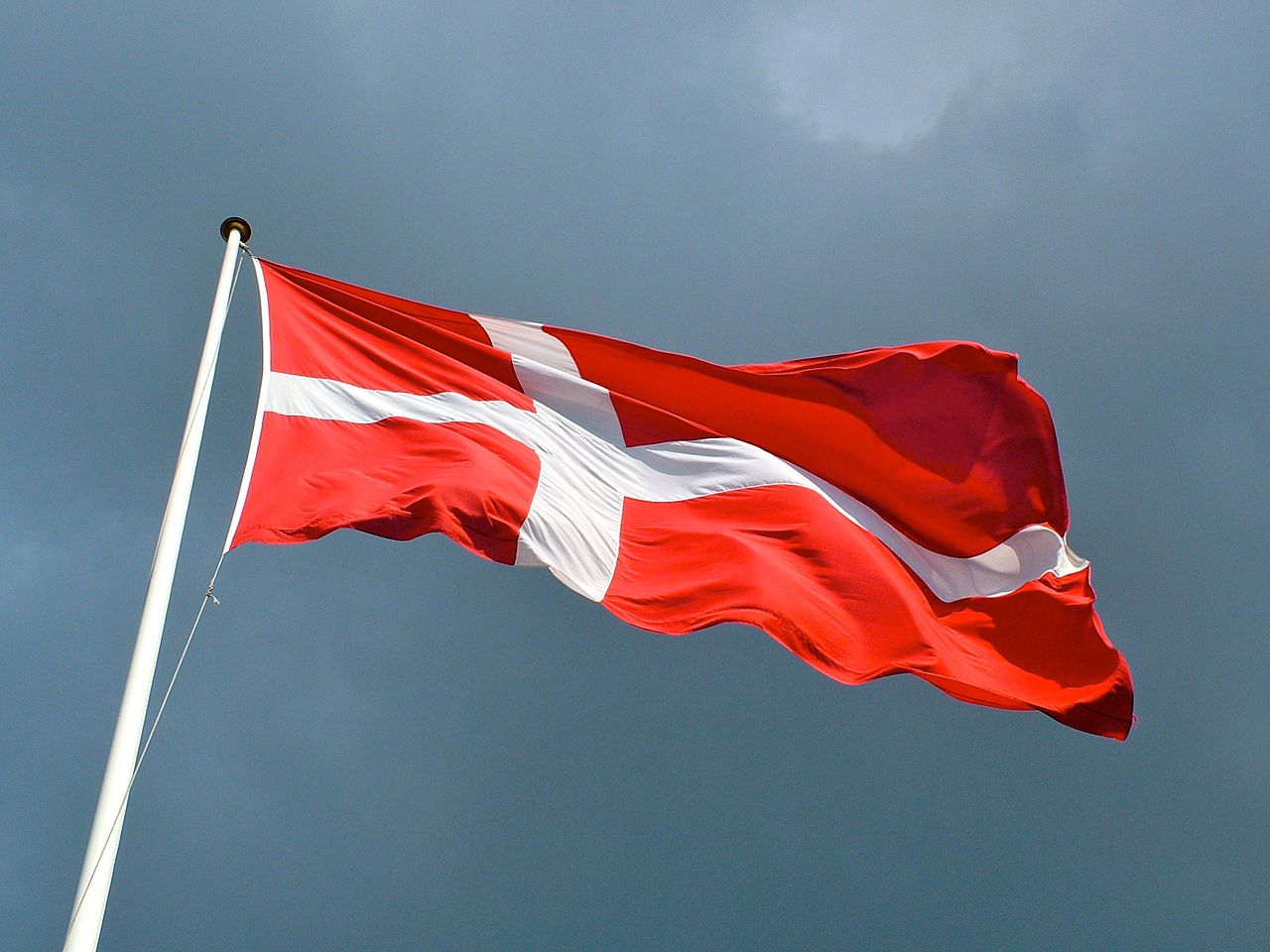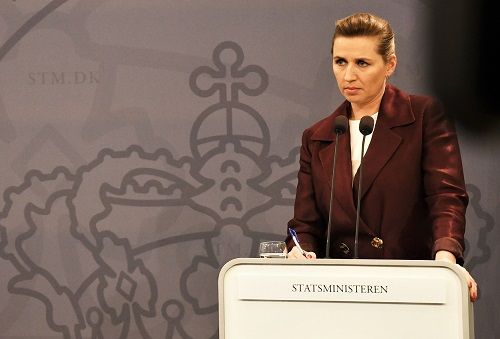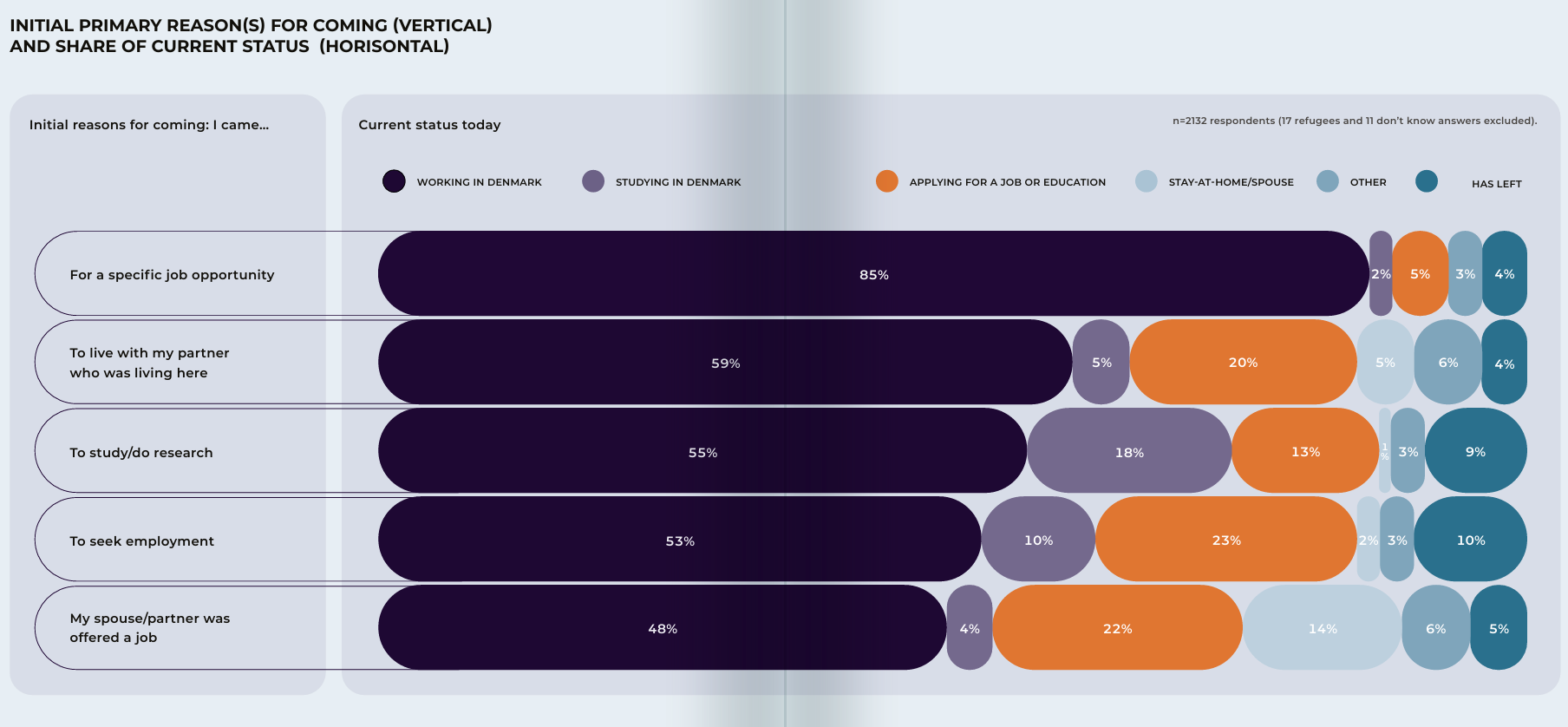A new affordability index from personal finance platform Comparia, compiled by researcher Rebecca Adilsson, reveals which European capitals offer the most value for money. The analysis, based on updated figures from Numbeo, ranks each city based on the relationship between earnings, housing costs, and everyday living expenses.
Bucharest, Romania, stands out as the most cost-effective capital city in Europe, followed closely by Chisinau in Moldova and San Marino.
Why Bucharest Tops the List
According to the report, residents in Bucharest take home an average monthly income of £1,100.50 after tax, and around 36% of that income goes toward rent. A one-bedroom apartment outside the city centre costs an average of just £377.15 per month.
Beyond rent, household bills such as electricity and water come in at about £166.57 monthly, while lifestyle costs — including dining out, public transport, and fitness — average £122.69.
With these costs factored in, locals are typically left with a monthly disposable income of £440.09, giving Bucharest a leading affordability score of 61.69 out of 100.
How Does Copenhagen Compare?
Copenhagen, Denmark, one of Europe’s wealthiest and most developed capitals, didn’t make the top 10 — and for good reason. While salaries are higher, so too are everyday expenses.
To illustrate the difference:
- Average take-home salary in Copenhagen is significantly higher, often above £2,500 per month,
- But rental costs for a one-bedroom outside the city centre often exceed £1,200, nearly triple that of Bucharest.
- Utilities and lifestyle costs in Copenhagen are also considerably steeper — easily surpassing £300-£400 per month, even for modest living.
In essence, despite higher incomes, Copenhagen residents may end up with less disposable income due to the elevated cost of living.
Expert Insight
Rebecca Adilsson, Expert at Comparia, commented on the findings:
“Affordability is not just about income—it’s about how far your money goes. Cities like Bucharest show that it’s possible to live comfortably with a modest salary, while in more expensive capitals like Copenhagen, high earnings can be quickly absorbed by housing and lifestyle costs.”
“Our aim with this research is to give people the tools to evaluate where their quality of life could be strongest, especially as remote work makes relocation more viable than ever.”
How the Ranking Was Calculated
The affordability index took into account eight essential cost factors:
- Rent for a one-bedroom apartment outside the city centre
- Monthly utility bills (electricity and water)
- Mobile phone and broadband costs
- Fitness club membership
- Public transport pass
- Dining out (meal for two)
- Average net monthly salary
- Resulting disposable income
Each capital was scored out of 100, with disposable income weighted heavily in the final result.
Europe’s 10 Most Affordable Capital Cities
- Bucharest, Romania – Affordability Score: 61.69
- Chisinau, Moldova – Affordability Score: 58.40
- San Marino, San Marino – Affordability Score: 56.43
- Vilnius, Lithuania – Affordability Score: 55.68
- Vaduz, Liechtenstein – Affordability Score: 55.19
- Warsaw, Poland – Affordability Score: 55.10
- Helsinki, Finland – Affordability Score: 55.00
- Skopje, North Macedonia – Affordability Score: 54.98
- Budapest, Hungary – Affordability Score: 54.75
- Madrid, Spain – Affordability Score: 54.03
Conclusion
While cities like Copenhagen offer a high standard of living, they also come with a high price tag. For those prioritising value for money and disposable income, capitals such as Bucharest and Chisinau present an attractive alternative — particularly for digital nomads, students, or professionals open to relocation.













